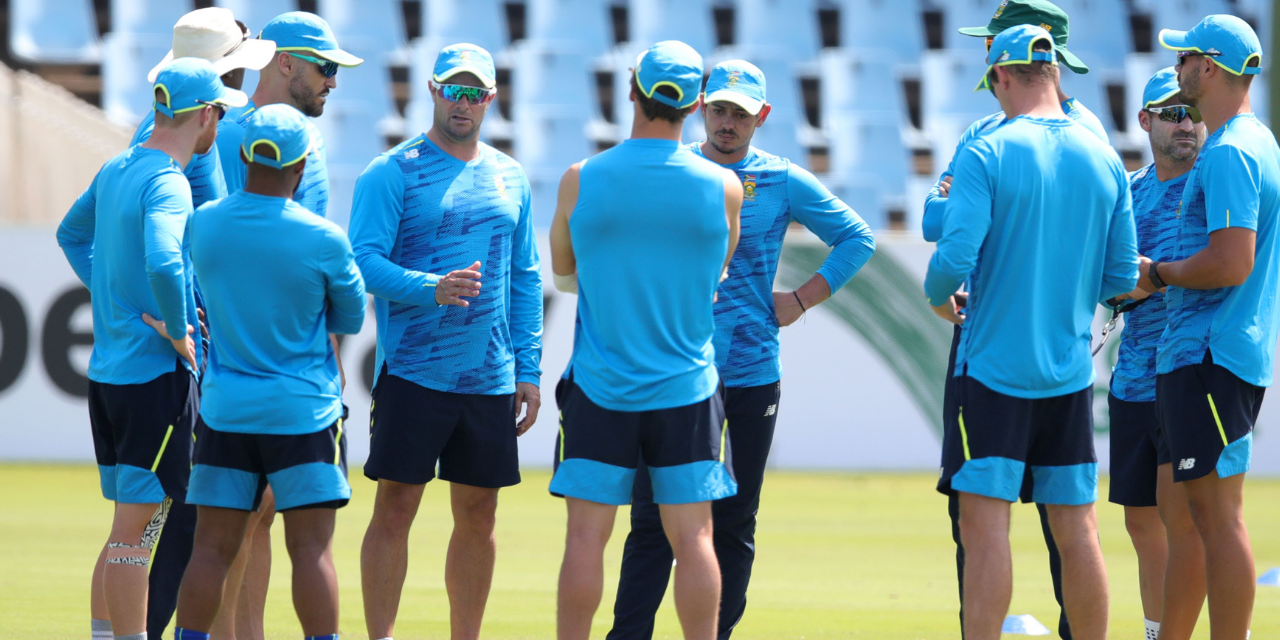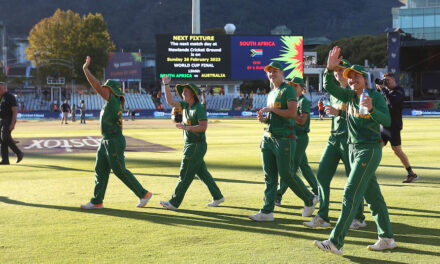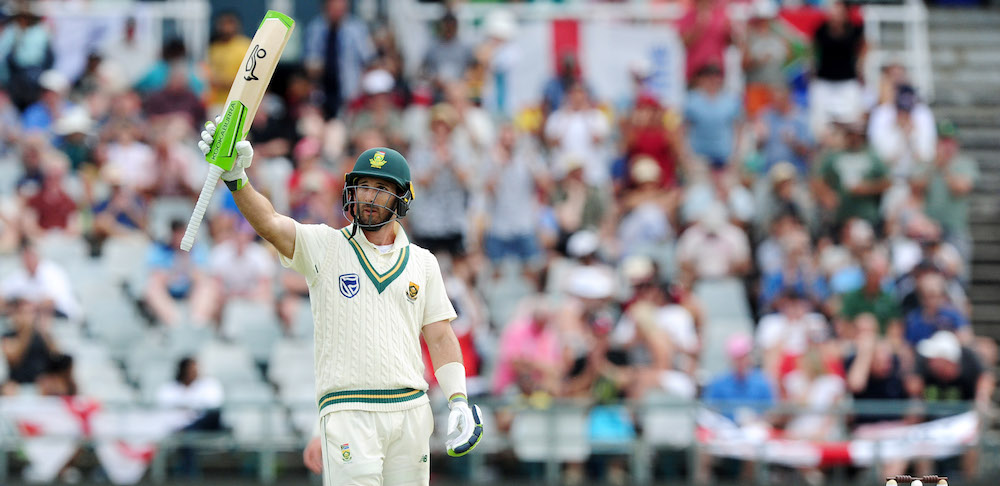“The focus is on trying to level this Test series,” said Proteas Head Coach, Mark Boucher, ahead of the second Test match between South Africa and Pakistan in Rawalpindi.
Historically, Boucher said, Rawalpindi has produced seamer-friendly conditions. However, there appears to be a degree of uncertainty regarding the behavior of the wicket after a significant amount of grass was shaved off the pitch. “Having talked to the Pakistani players and coaching staff, they aren’t sure of how it’s going to play. I don’t think anyone knows how it’s going to play. It’s certainly dry,” said Boucher.
After an ordinary batting performance in the first Test match, Boucher stressed on the need for “mental application,” particularly when the opposition is bowling tight lines. Watching the Pakistani batsmen structure their innings was a major lesson for the South Africans, who showed improvement in their second innings.
“We spoke about patience,” Boucher said. They recognized that subcontinental conditions demanded scoring runs at a slower pace than the Proteas have been accustomed to. Reiterating that the team’s preparation leading up to this series has been exhaustive, Boucher said, “the rest is up to the players to put the numbers on the board.”

Losing Proteas spinner, Tabraiz Shamsi, to injury twenty minutes before the toss of the first Test was a “very big blow” to the Proteas, seeing that wrist spinners were able to extract more purchase from the wicket, as Yasir Shah demonstrated. Although losing Shamsi was a “bit of a bubble burst for us,” Boucher said, “there are other reasons we lost that game.”
With Shamsi’s current workload owing to this back injury, Boucher is worried about a potential recurrence through the course of the Test, which could leave the Proteas one bowler short. Given that Keshav Maharaj also experienced discomfort at a practice session, the team management is still waiting on announcing the team for the second Test.
“We haven’t selected a final eleven,” said Boucher. Boucher revealed that all-rounder, Wiaan Mulder, was also in their plans for selection. The dryness of the Rawalpindi surface may challenge batsmen facing “a guy who is able to hit the right areas for a long period of time,” Boucher explained.
Boucher threw his support behind under-fire captain, Quinton de Kock, saying, “It’s been tough on Quinny. If you’re not scoring runs, it gets highlighted when you’re captain.” However, he remains confident, “there’s a good innings around the corner.”
Commenting on Australia’s last-minute cancellation of their tour to South Africa, Boucher conceded, “It’s disappointing. We had made a lot of plans. It seems that a lot of goalposts were being moved for that tour.” Despite the potential for disruption Australia’s cancellation could have had, Boucher remained firm, “we’re focused on the job at hand.”











